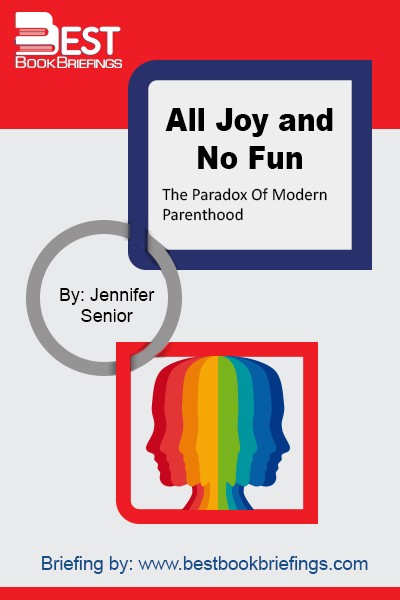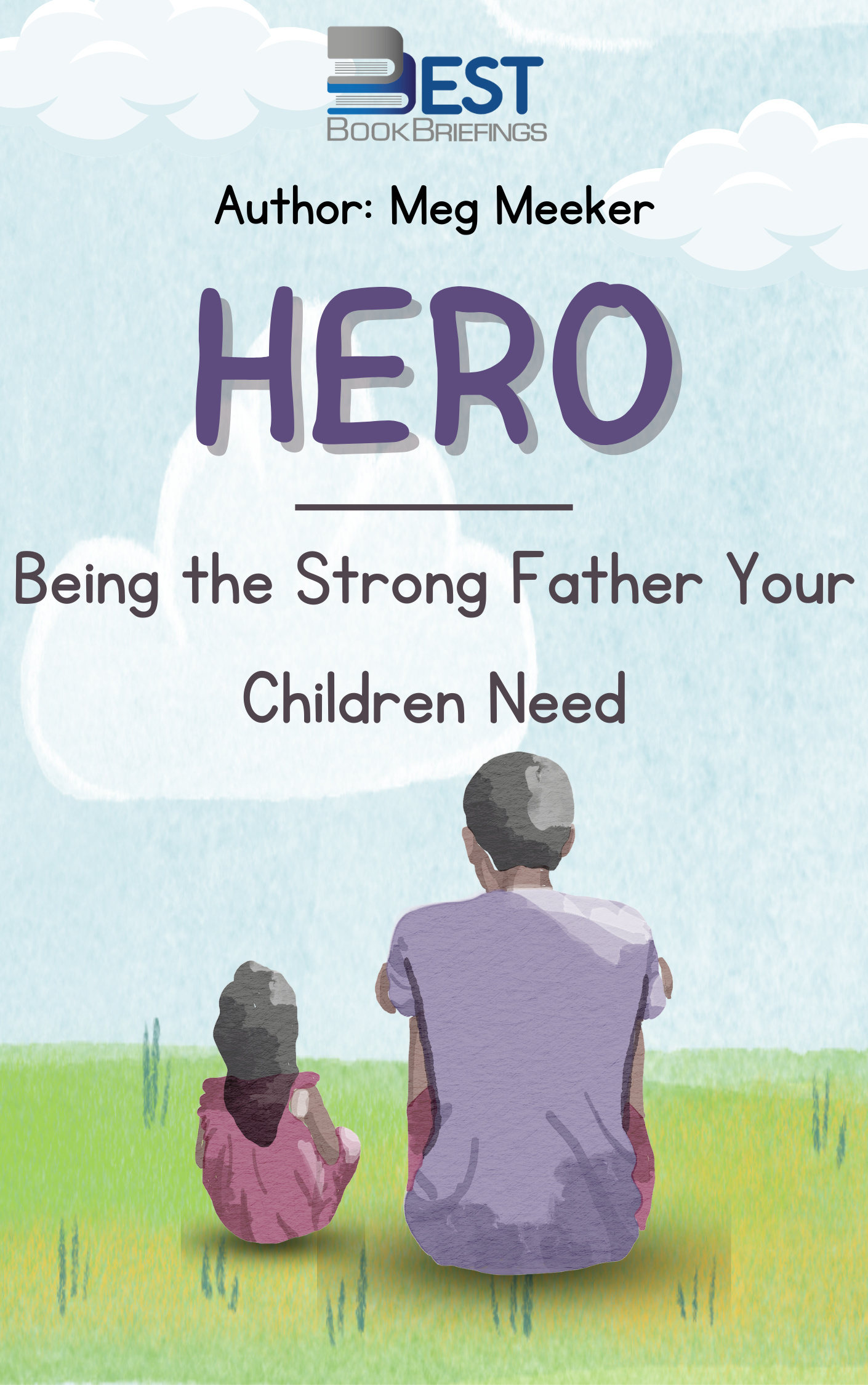All Joy and No Fun
The Paradox Of Modern Parenthood
Editorial Review
Over the past two generations, parenthood has gone through radical readjustments. As children went from helping on the farm to being the focus of relentless cosseting, they shifted from being our “employees” to our “bosses!” Even the most organized people have little to do to prepare themselves for having children. They can buy all the books, observe friends and relations, review their own memories of childhood, but the distance between those proxy experiences and the real thing, ultimately, can be measured in light years. Prospective parents have no clue what their children will be like; no clue what it will mean to have their hearts permanently annexed; no clue what it feel like to second-guess so many seemingly simple decisions, or to be multitasking even while they’re brushing their teeth. Becoming a parent is one of the most sudden and dramatic changes in adult life. A father with two young kids describes the whole experience as “All Joy and No Fun.” This might be familiar with the description used by the social scientist William Doherty which summarizes parenting: “a high-cost / high-reward activity.” There’s no denying that our lives as fathers and mothers have grown much complex, and we still don’t have a new set of scripts to guide us through them. Even scholars are mainly concerned with the effect of parents on their children. But it’s time now to swing the telescope around and ask this question from the reverse perspective: What is the effect of parenthood on adults? After all, we’re all the sum of our experiences. Raising children plays an enormous part in shaping our vision and making us who we are.
Book Reviews
Books on Related Topics
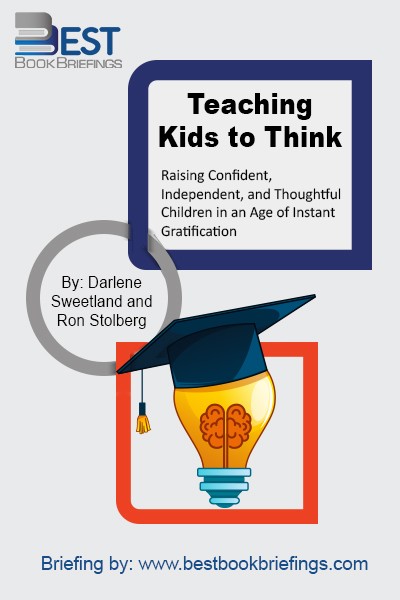
In Teaching Kids to Think, Dr. Darlene Sweetland and Dr. Ron Stolberg offer insight into the social, emotional, and neurological challenges unique to this generation. They identify the five parent traps that cause adults to unknowingly increase their children's need for instant gratification, and offer practical tips and easy-to-implement solutions to
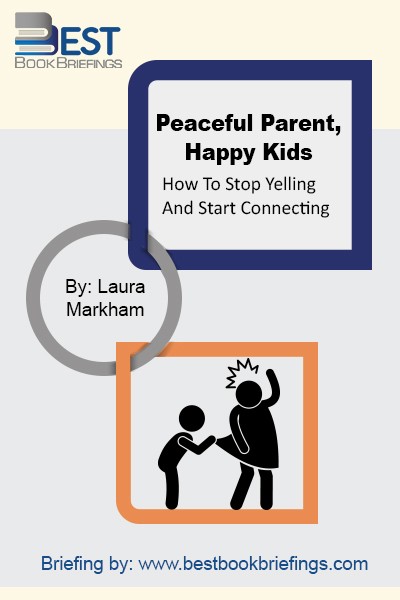
While most parenting books focus on changing the child’s behavior, and yes this book will help you support your child to become his/her very best self, this book dedicates more focuses on for parents’ behaviors. Because you’ll have to manage your own triggers and emotions to effectively coach and connect with
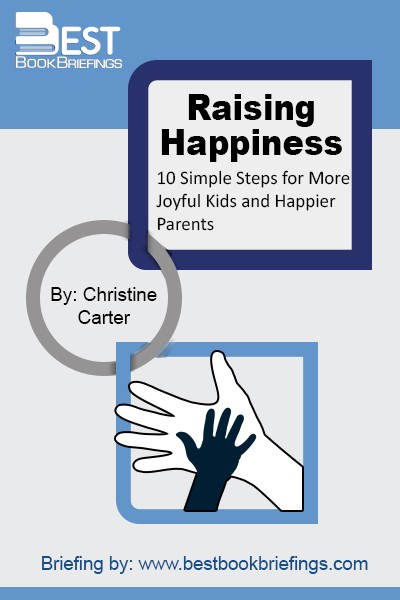
We parents want our children to grow into happy adults—but the trouble is sometimes we feel as though our children’s personalities are already more or less set in genetic stone. The good news is that we actually do have a lot of influence. Parenting practices have a tremendous effect on children’s
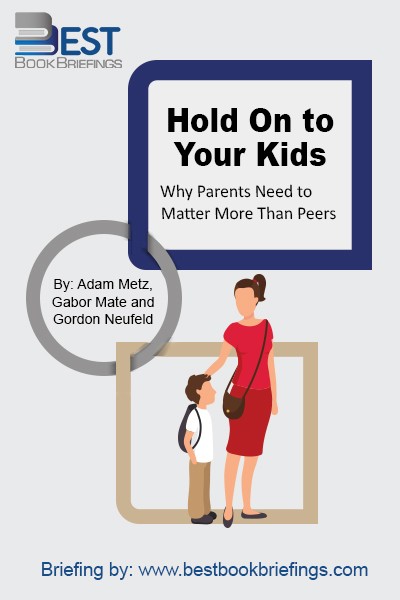
Children are increasingly forming attachments that compete with their parents, with the result that the proper context for parenting is less and less available to us. The chief and most damaging of these attachments is the increasing bonding of our children with their peers. For the first time in history young
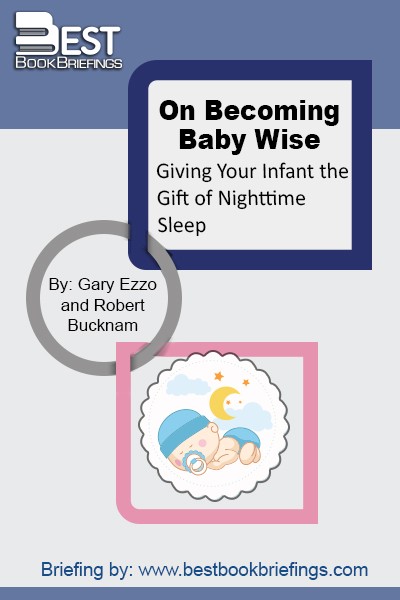
We aim to help prepare minds for the incredible task of raising a child. We believe the preparation of the mind is far more important than the preparation of the nursery. Your baby will not care if his head rests on designer sheets or beside Disney characters, nor is your success
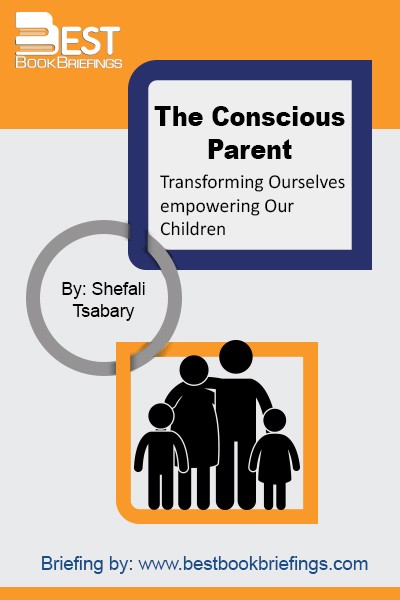
To parent perfectly is a mirage. There is no ideal parent and no ideal child. The Conscious Parent underscores the challenges that are a natural part of raising a child, fully understanding that, as parents, each of us tries the best we can with the resources we have. Thus, the objective
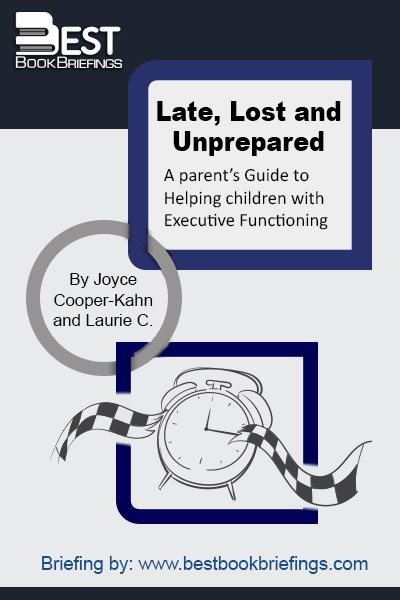
Is your child chronically late turning in papers? Does she show up for soccer practice without her soccer bag? Say things without thinking? Read something and forget what he read? Wait until the last minute and then get caught short of time to complete tasks? Written by two clinical psychologists, Late,

